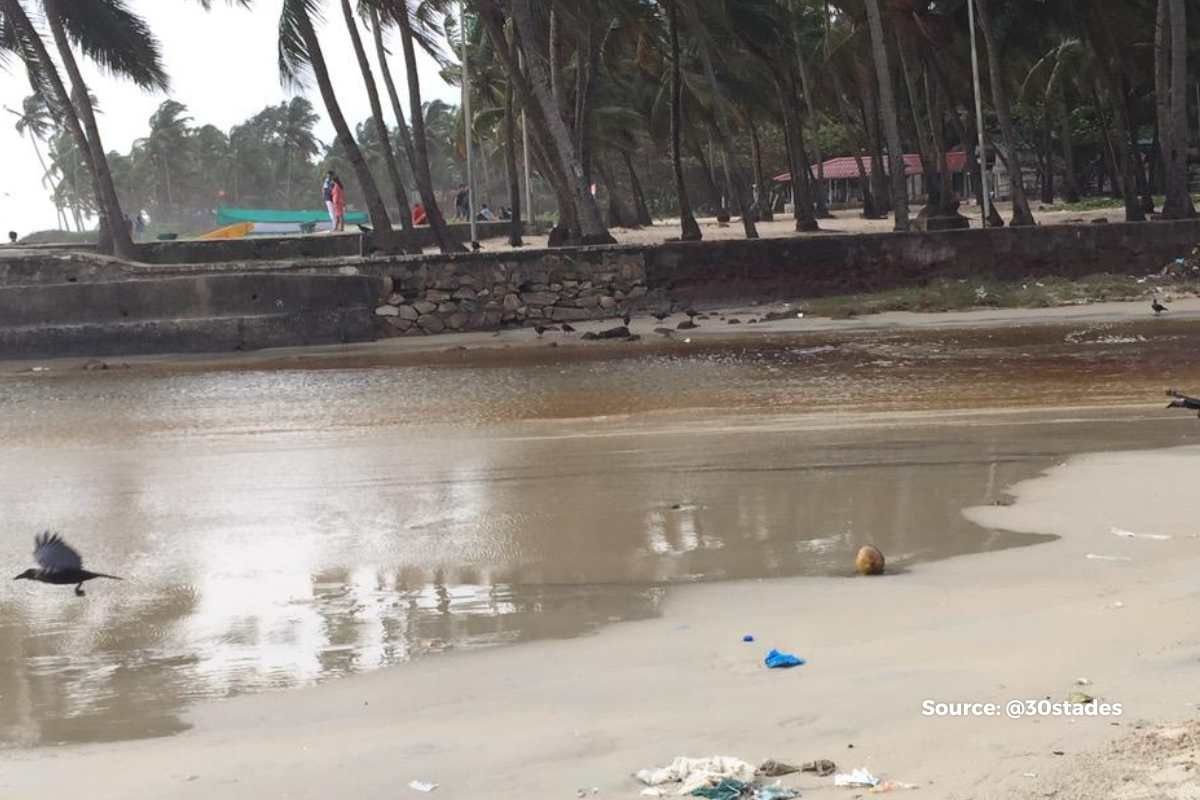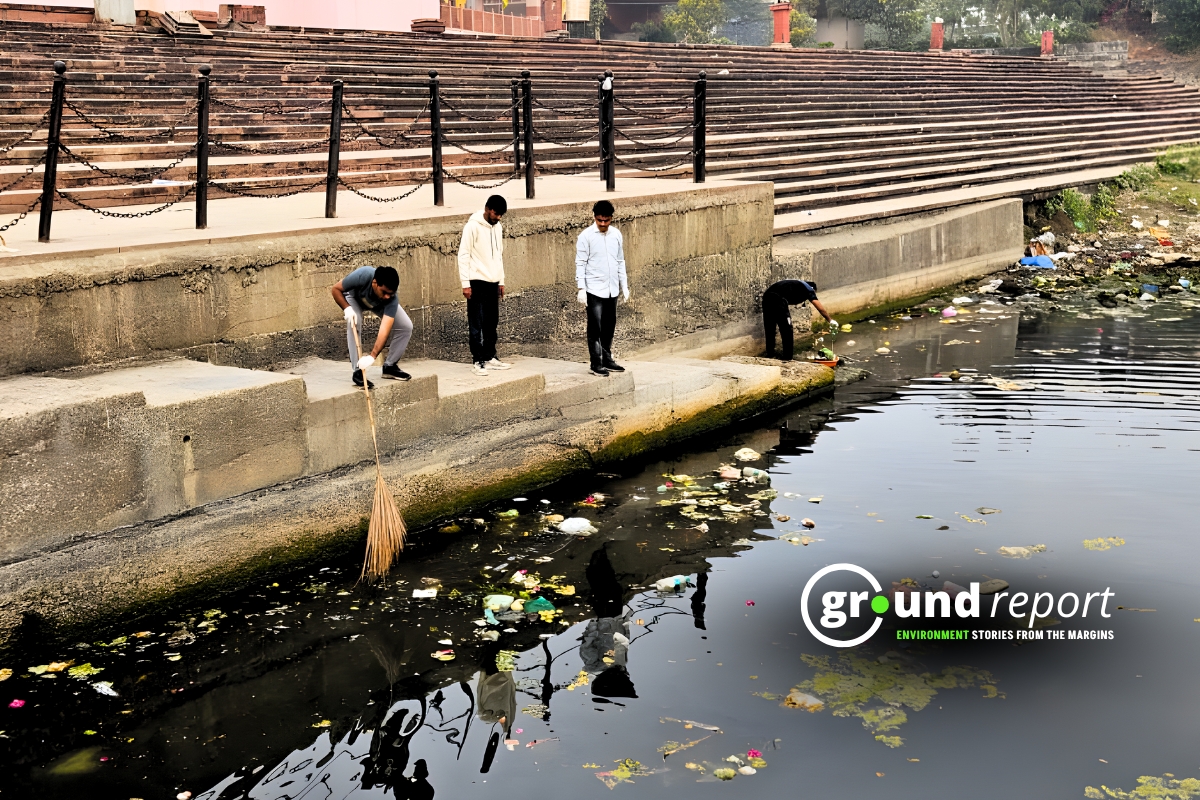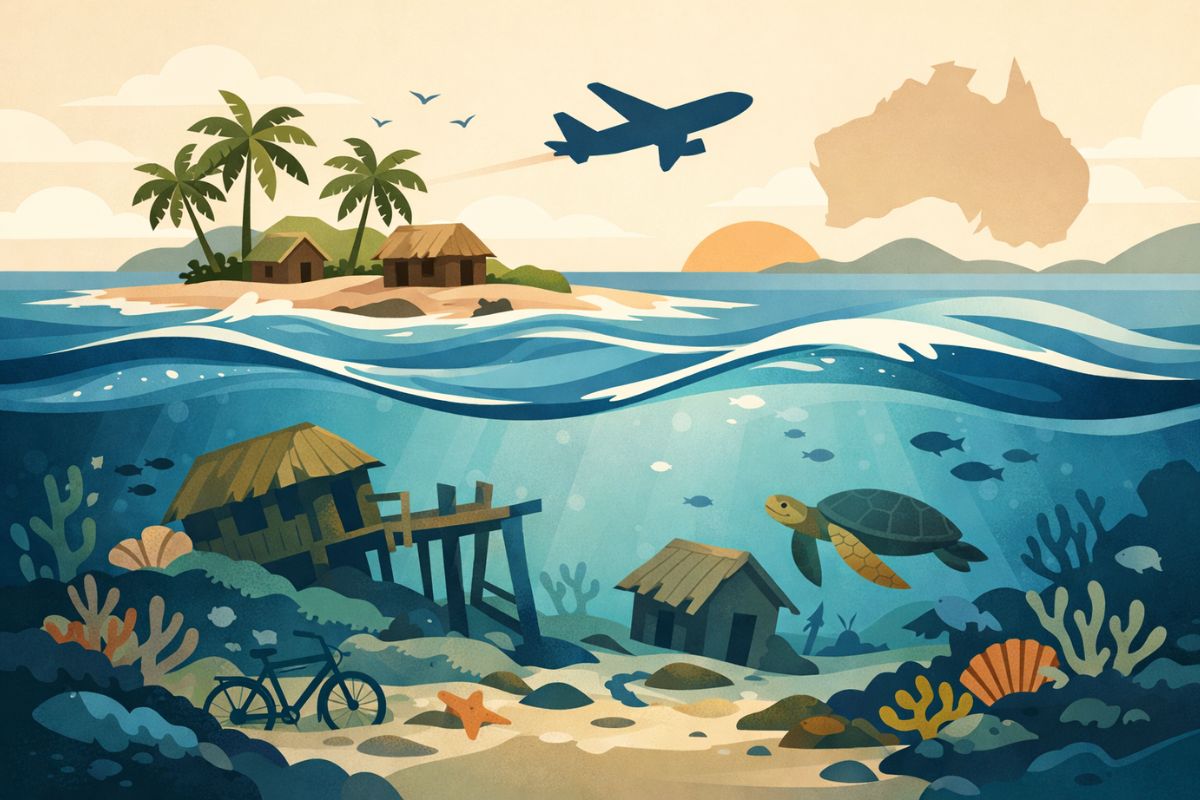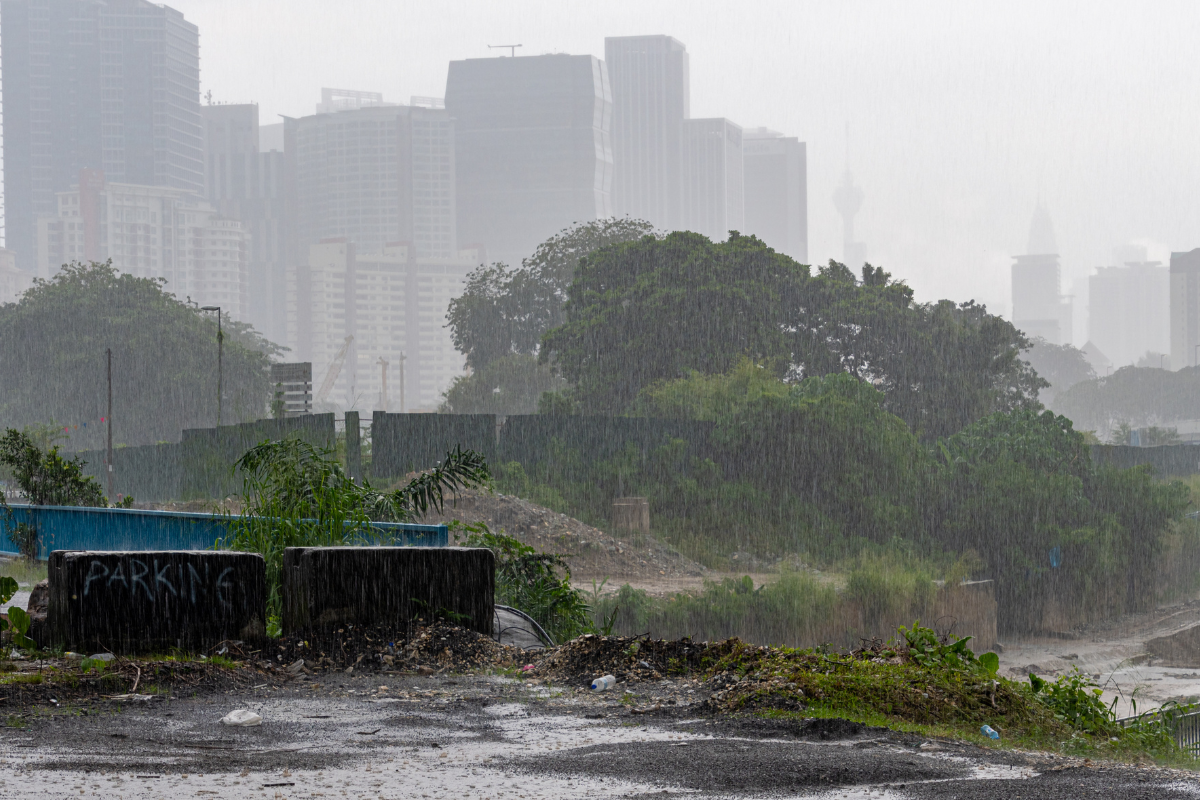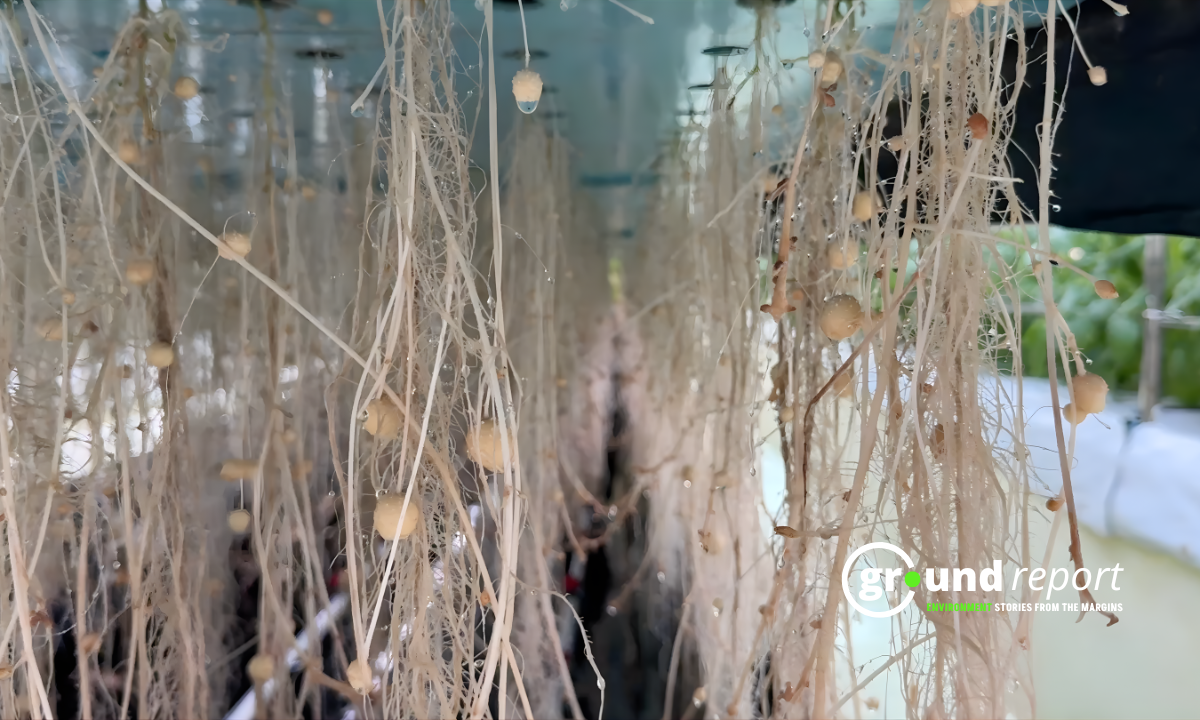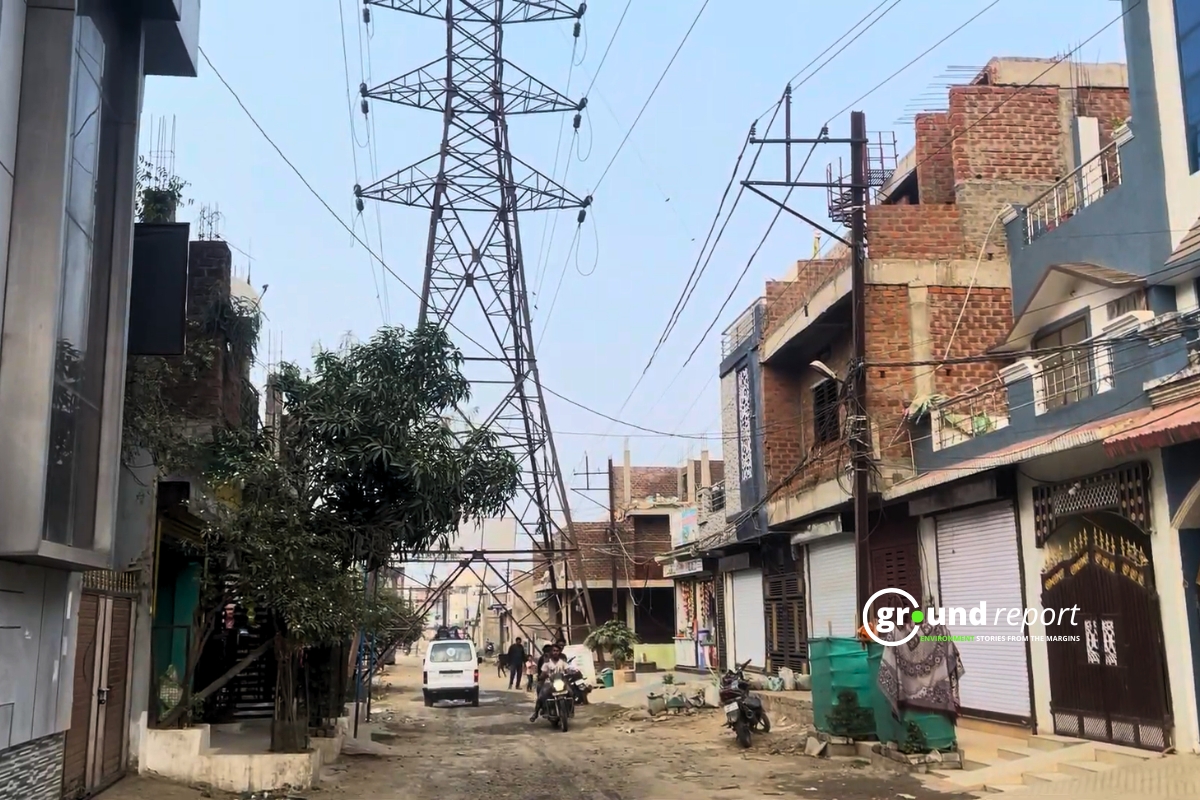Goa, known for its pristine beaches and scenic landscapes, has been struggling with environmental pollution in recent years. The issue of pollution is not limited to just one form. But, affects the air, water, and beaches of the state. Both human activity and natural causes contribute to pollution. Hence, it is important for the authorities and individuals to work together to address the issue. In a shocking development, five lakes in South Goa and one in North Goa have been found to be contaminated with sewage, posing a serious health hazard to residents and visitors alike.
Lakes turned into a sewage dump
According to recent reports, the Water Resources Department in Goa has data that indicates that several lakes in South Goa and some lakes in North Goa have been contaminated with sewage. This contamination is a cause for concern for the local residents and officials. The lakes in South Goa that have been contaminated with sewage include Tambdi Mati in Sanguem, Shiroda in Ponda, Salpem in Sanguem, Mayem in Bicholim, and Carambolim in Tiswadi.
The beaches that are heavily polluted include Colva, Benaulim, Majorda, Candolim, and Baga, among others. These beaches are popular among tourists and locals, but the high levels of faecal coliform pose a significant health risk to beachgoers. The rivers that are heavily polluted include the Mandovi, the Zuari, and the Sal. The pollution of these rivers has led to a decline in the fish population and has also affected the livelihoods of the local fishermen.
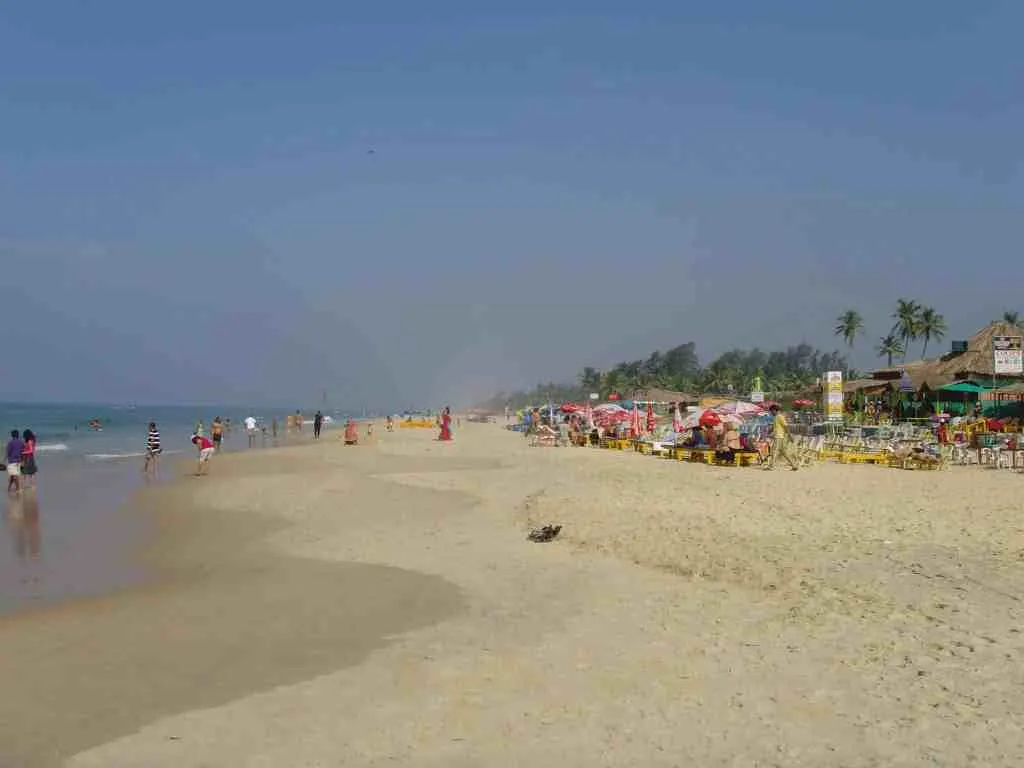
Contamination
The contamination has reportedly occurred due to the discharge of untreated sewage into the lakes from nearby villages and towns. The sewage has not only polluted the water but has also led to the proliferation of harmful bacteria and other pathogens.
The situation is particularly worrisome as the affected lakes are popular tourist destinations, attracting visitors from all over the world. If the situation is not addressed urgently, it could have a devastating impact on the tourism industry in the region.
Many hotels and other establishments have been found to dump their untreated sewage into the sea, which not only affects the marine ecosystem but also makes the beaches unsafe for visitors. The discharge of untreated sewage also contaminates the groundwater. Therefore, making it unsuitable for drinking or agricultural purposes.
The state’s beaches are littered with garbage, and plastic waste is a major contributor. The government has taken measures to ban the use of single-use plastic items. But, implementation has been poor, and many vendors continue to use plastic cups, plates, and straws, contributing to the plastic waste problem.
What are the government calls?
Local authorities have been quick to respond to the crisis. The state government announced a special task force to investigate the matter and take necessary action to address the contamination. The task force will work in coordination with local village panchayats, civic bodies, and other stakeholders to ensure that the issue is resolved as soon as possible.
The Water Resources Department has stated that they are taking steps to address the issue of lake contamination. They are planning to conduct regular water quality tests to monitor the levels of pollutants in the lakes. The department is also planning to install sewage treatment plants in the surrounding areas. This will ensure that sewage is treated before being discharged into the lakes.
Conclusion
However, the issue of pollution in Goa is a complex one and requires a multi-faceted approach to tackle. The government has taken some measures, such as introducing electric buses and promoting eco-friendly tourism, but more needs to be done. There is a need for stricter regulations and enforcement of existing laws to prevent establishments from dumping their sewage into the sea. The government should also invest in proper waste management systems, including waste segregation and recycling facilities. Individuals can also play a role in reducing pollution. Simple steps such as using public transport or bicycles instead of cars can help reduce vehicular emissions. Proper disposal of waste, including plastic waste, can also make a difference
The contamination crisis has once again highlighted the urgent need for better sewage management and treatment systems in the region. It is time for the government to take proactive steps to prevent such incidents from happening in the future. In addition, to ensure that the lakes and other water bodies in the region remain safe and healthy for generations to come. With the right measures in place, Goa can continue to be a destination known for its natural beauty and sustainability.
Keep Reading
- NGT: Why Agra has not installed Sewage Treatment Plants since 2014?
- Pollution deteriorates the state of Ramayana’s Sai River
- Mystic Dal Lake turning into a swamp lake due to pollution
Follow Ground Report for Climate Change and Under-Reported issues in India. Connect with us on Facebook, Twitter, Koo App, Instagram, Whatsapp and YouTube. Write us on GReport2018@gmail.com.
